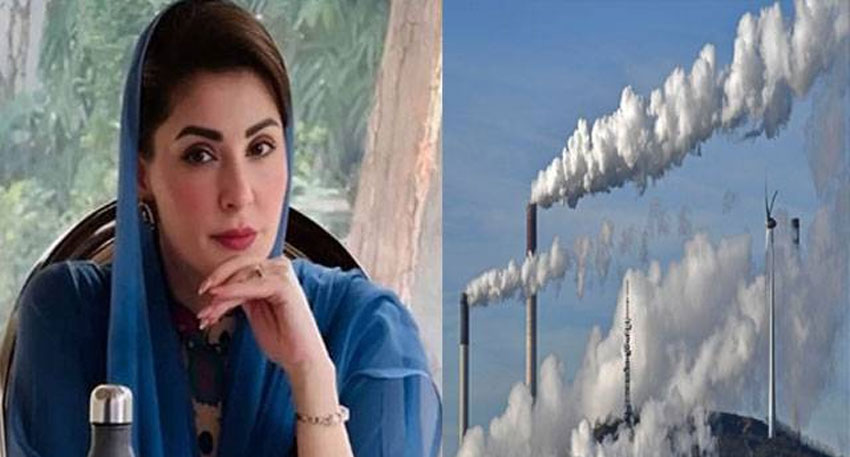
These drainage systems include the Hadiara and Charrar Drains. Under directives from the Chief Minister’s Office, the Environmental Protection Authority (EPA), WASA, Irrigation, and District Administrations have united in a coordinated effort to halt the dumping of untreated industrial and municipal waste.
Senior Minister Marriyum Aurangzeb chaired an emergency meeting where she declared a zero-tolerance policy and vowed that violators would be strictly penalized.
A complete ban has been imposed on dumping chemical waste into drains across Punjab, especially the historically polluted Hadiara and Charrar water channels. A government-backed survey and cleanup operation is now underway, targeting both residents and industrial clusters along these drains. Notices have been issued to 58 housing schemes and numerous industrial units discharging untreated wastewater into Charrar drain. They face closure if they fail to install approved waste treatment systems or conform to environmental laws.
Also Read: Sindh govt to provide free solar panels to low power consumers
An independent monitoring squad will collect samples and conduct surprise inspections to trace toxic discharge routes. Those failing to comply will be charged under the “polluters pay” principle, with cases filed through the Environmental Tribunal and industries sealed if necessary.
Minister Marriyum Aurangzeb reportedly said, “Protecting public health is a key government priority.” She reminded stakeholders that the operation would be enforced under the Punjab Drainage and Local Government Acts, and that violators’ assets could be seized if not brought into compliance.
In the short term—within the next 7 to 10 days—authorities aim to complete the first-phase cleanup of the Hadiara and Charrar drains and issue final eviction notices to non-compliant housing societies. By early 2026, in the medium term, public-private wastewater treatment plants (WWTPs) will be installed along the drain routes to ensure long-term pollution control. Meanwhile, department-level monitoring, quarterly public health surveys, and regular industrial compliance reporting will continue as part of an ongoing effort to maintain environmental standards and safeguard public health.
Against repeated offenders, fines and legal actions have already begun. This includes several steel and textile factories near Faisalabad, Sialkot, and Sheikhupura. For the environmental damages, some have been ordered to pay compensation, which will be a process now overseen by the EPA.
This campaign sparks hope for the reversal of a long-standing health and water crisis and sets the stage for future anti-smog and anti-industrial pollution legislation.




